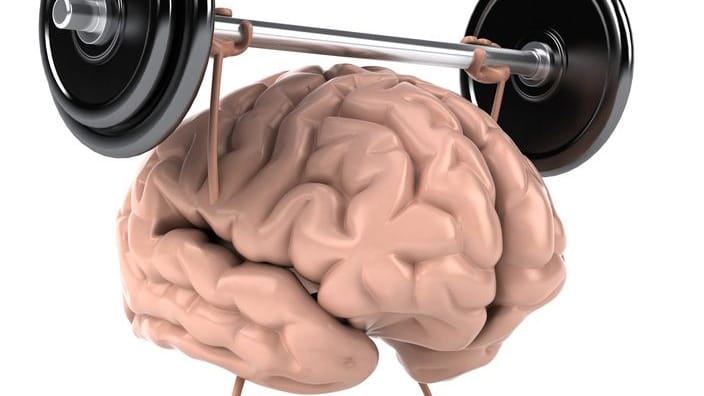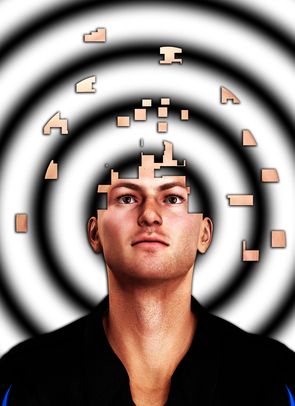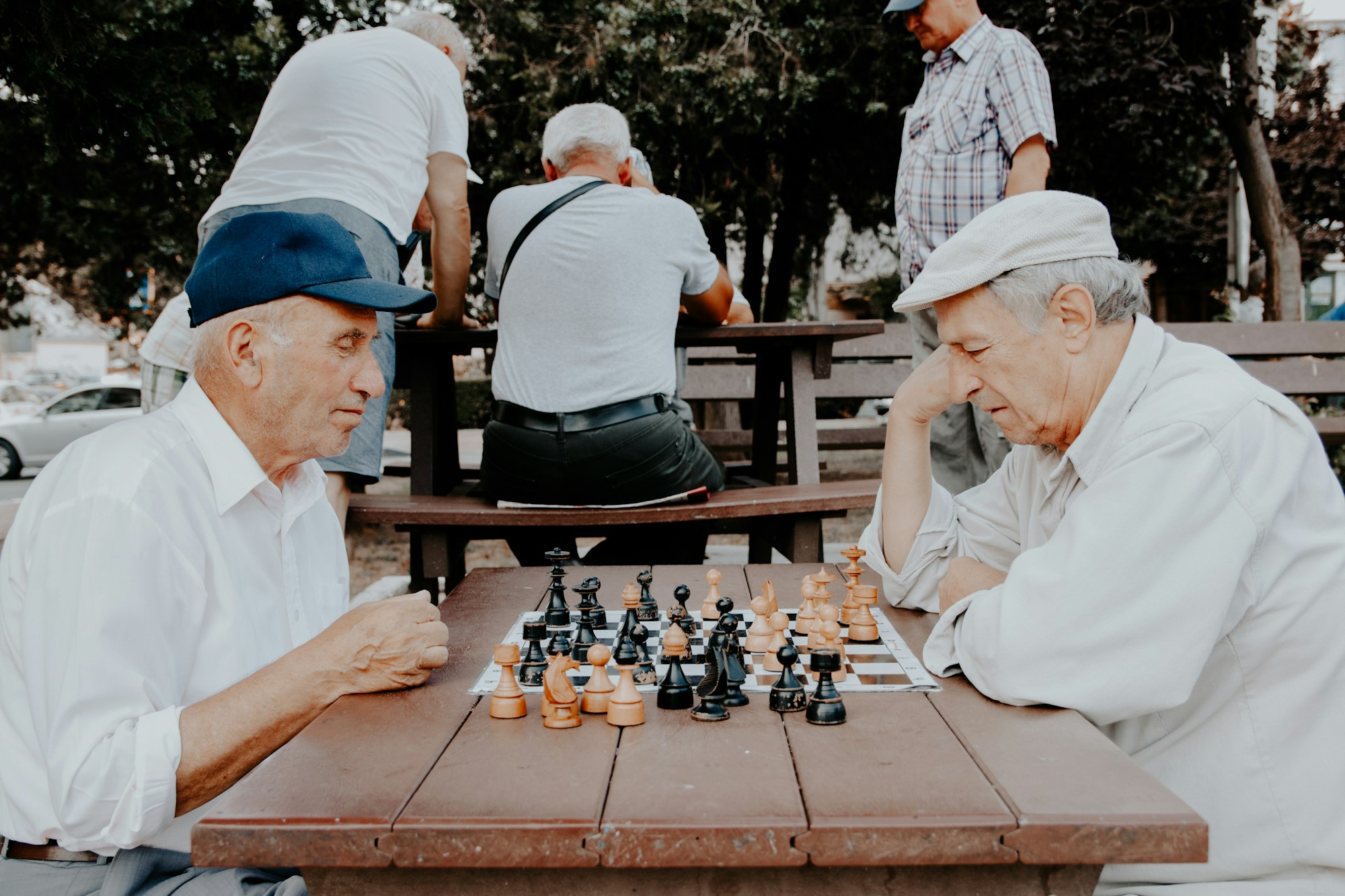Debunking the Myths About Senior Moments: Identifying Signs of Dementia
"senior moments" have often been perceived as an inevitable and unchangeable part of growing older. These lapses in memory and cognition, though common, need not be taken lightly. It's time to challenge the myths

In the vast landscape of aging, "senior moments" have often been perceived as an inevitable and unchangeable part of growing older. These lapses in memory and cognition, though common, need not be taken lightly. It's time to challenge the myths surrounding senior moments and understand that they might be an early indicator of more serious cognitive issues, including dementia.
In this comprehensive guide, we'll explore what senior moments are, why they occur, and how you can distinguish harmless lapses from potential signs of dementia. By the end of this article, you'll be equipped with the knowledge needed to better navigate the complexities of aging and memory loss. Let's dive in!
What's a Senior Moment?
To understand the concept of a "senior moment," we first need to define it. A senior moment is a colloquial term used to describe a brief lapse in memory or cognition, often experienced by older adults. These moments can manifest as forgetting names, misplacing items, or having trouble recalling recent events. They are generally considered a normal part of aging, and many people tend to brush them off as inconsequential.
However, not all senior moments are created equal. Some may indeed be benign, while others can be indicative of more significant cognitive problems. It's essential to distinguish between the two to ensure that you or your loved ones receive the appropriate care and support when needed.

Debunking the Myth of Inevitability
Myth 1: Senior moments are inevitable and unchangeable.
Reality: While mild memory lapses can be a part of aging, they are not entirely inevitable. They can often be managed and even prevented through various lifestyle choices and interventions.
Keep Your Brain Active: Engaging in mentally stimulating activities, such as puzzles, reading, or learning new skills, can help maintain cognitive function.
Stay Physically Active: Regular exercise is not only excellent for your physical health but also benefits your brain. It promotes better blood flow and the release of chemicals that support brain health.
Maintain a Healthy Diet: Proper nutrition is vital for brain health. A diet rich in antioxidants, omega-3 fatty acids, and other brain-boosting nutrients can help prevent cognitive decline.
Socialize: Staying socially active can keep your brain sharp. Interacting with friends and family, joining clubs, or volunteering can help prevent memory problems.
Manage Stress: Chronic stress can negatively affect memory. Adopt stress-reduction techniques like meditation, yoga, or deep breathing exercises.
Now that we've debunked the myth of inevitability, let's move on to understanding when a senior moment may be more than just a harmless lapse.

Signs the Senior Moment May Be Dementia
It's crucial to differentiate between regular senior moments and potential signs of dementia. While occasional memory lapses are common, certain red flags warrant closer attention. Here are some key signs that your senior moment might be more than just a passing lapse:
Frequency and Severity: Dementia-related memory issues are more than occasional lapses. They are persistent, progressive, and affect daily life. Frequent and severe lapses, such as forgetting how to perform routine tasks or getting lost in familiar places, should raise concerns.
Difficulty with Familiar Tasks: Struggling with everyday tasks like preparing a meal, dressing, or managing finances can indicate dementia.
Confusion about Time and Place: Losing track of dates, seasons, or the passage of time is a common symptom. Individuals with dementia may forget where they are or how they got there.
Language Problems: Difficulty finding the right words, repeating sentences, or forgetting familiar names is a sign of cognitive decline.
Poor Judgment: Making poor decisions, showing impulsive behavior, or neglecting personal hygiene and safety can be signs of dementia.
Mood and Personality Changes: Dementia often leads to personality alterations, including depression, anxiety, irritability, and withdrawal from social activities.
Trouble with Abstract Thinking: Difficulty with abstract thinking, problem-solving, and complex tasks can be indicative of cognitive decline.
Misplacing Items: While occasional misplacing of keys or glasses is normal, frequently putting things in unusual places is a potential warning sign.
Struggling with Familiar Faces: Forgetting the names or identities of close friends and family members is a significant concern.
Difficulty in Recognizing Changes: People with dementia may fail to notice significant changes, such as personal hygiene decline, weight loss, or deteriorating living conditions.
Repetitive Behavior: Repeating the same questions, stories, or actions in a short period may indicate dementia.
Withdrawal from Hobbies and Social Activities: A loss of interest in hobbies, work, and social activities may be an early sign.

In conclusion, senior moments are not always inevitable or unchangeable. While occasional lapses in memory are common as we age, it's crucial to be aware of the signs that may suggest a more severe issue like dementia. By debunking the myths surrounding senior moments and understanding when to seek help, you can take proactive steps to maintain cognitive health and ensure a better quality of life in your golden years.
If you or a loved one are experiencing persistent memory issues that raise concerns, it's essential to consult a healthcare professional. Early detection and intervention can make a significant difference in managing cognitive decline and improving the quality of life for those affected.
Remember, age is just a number, and with the right knowledge and actions, you can enjoy a fulfilling and mentally active life well into your senior years.
You might also like this article:















